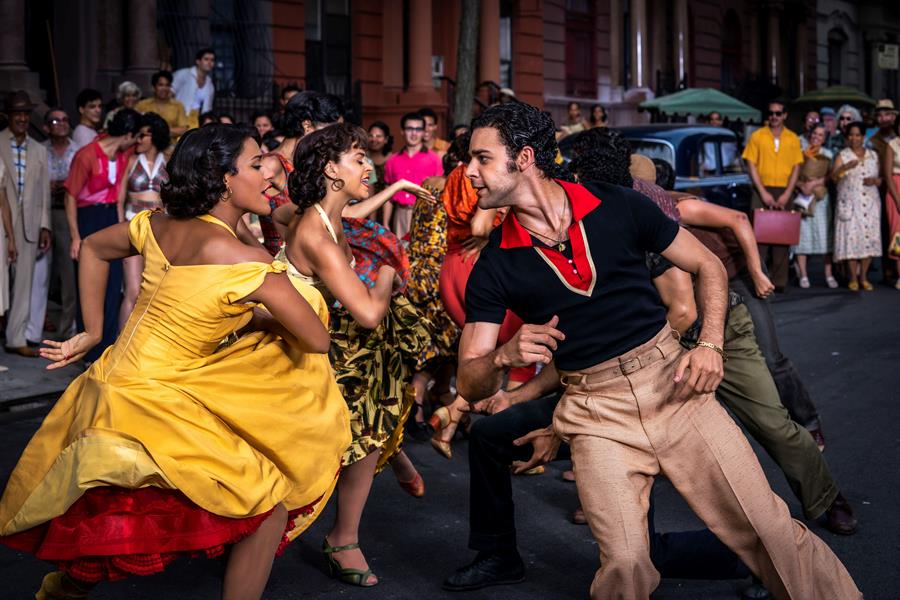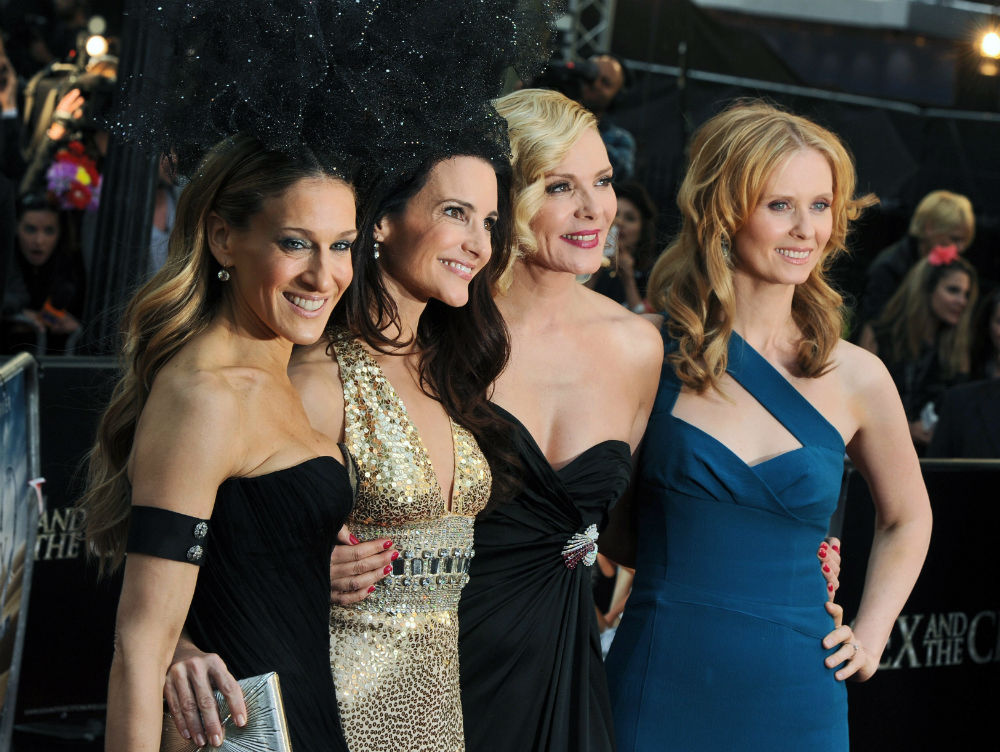In 1961 “West Side Story” won 10 Oscars and immediately became one of the highest-rated musicals in film history. 50 years later, Steven Spielberg has decided to make a new version, identical in many aspects but more realistic and with the Spanish much more present than in the original.
The director considered that Hollywood had a pending account with the musical because in Robert Wise’s version there were hardly any Puerto Rican interpreters despite the fact that the story is the confrontation between the newcomers from Puerto Rico and the New Yorkers.
That has indeed changed, so much so that English and Spanish (without subtitles ) share space and weight in the film, except in the songs, since the precious original scores by Leonard Berstein with English lyrics by Stephen Sondheim are preserved.
And the protagonists now correspond a little more to the characters they play. Rachel Zegler (María) is American but her mother is of Colombian origin while Natalie Wood, who played her 50 years ago was of Russian origin.
Ariana DeBose (Anita) does not improve on Rita Moreno, who was born in Puerto Rico. She is only from a Puerto Rican father. But David Álvarez (Bernardo), although Canadian, is of Cuban parents, while George Chakiris was an American of Greek origin.
There is also more spectacle in the musical numbers and greater narrative tension, as is logical being the director Spielberg, who nevertheless has almost traced the narrative structure.
There are only a few changes in the characters: the role played by Doc, the owner of the bar that 50 years ago sheltered the two gangs, is now taken over by his widow, Valentina, in Spielberg’s version.
A chance to introduce a character that serves as a tribute and link with the film starring Natalie Wood and Richard Beymer, whose Tony now has the face (and the beautiful voice) of Ansel Elgort, although as an actor he is more expressionless.

And it is that in this new film, Valentina is Rita Moreno, the actress of Puerto Rican origin who in 1961 gave life to Anita, Bernardo’s girlfriend.
Spielberg has modified the story enough to give more relevance to the new character of Valentina, who also appropriates one of the most beautiful songs in the film, “Somewhere”, which in the film 50 years ago was one of the climaxes of the story and was sung by Tony and Maria.
The voices are another of the changes introduced by Spielberg. Fifty years ago there was a certain controversy and discomfort on the part of Natalie Wood, who came to record the songs, but finally, all the songs were performed by professional singers, hers and those of the other characters.
In the film that hits theaters around the world this Wednesday, music has even more prominence than in the first version. It has been recorded under the direction of Gustavo Dudamel and with new arrangements to enhance its more Latin side.
And, in addition, the actors have been the ones who have sung and recorded the themes of the film: it is the voices of Rachel Zegler (María), Ansel Elgort (Tony), Ariana De Bose (Anita), or David Álvarez (Bernardo) who are they listen.
Another notable change is the greater awareness and social criticism of a film that nevertheless retains the naive tone of the original film, so much so that it is a bit outdated.
Despite the fact that women have a little more weight in history, there are dialogues in which the racism present in the New York of the fifties and the poverty that devastated a neighborhood that would later become the Mecca of luxury, the film is a bit on the surface as far as conscientiously concerned.
The parts of the dialogue – much more than in the 1961 film in which he practically skipped from one song to another – also serve to further develop the characters and the relationships between them, which in the first one was barely outlined.
But, as Spielberg pointed out in a recent interview: “We just re-shot the movie for a new generation. ” What remains to be seen is whether the new generations will leave the rooms of Spider-Man, which has swept since its premiere a week ago, to enter to see an excessively classic musical.



















































































